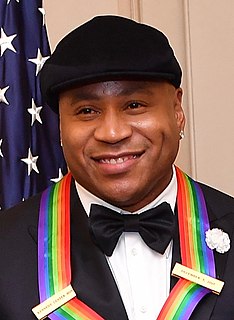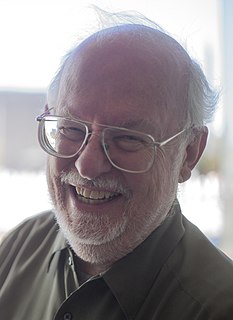A Quote by Jim Shepard
I think fiction is all about the exercise of the empathetic imagination. Part of what I do is let the stuff I read about meld with what I have experienced.
Quote Topics
Related Quotes
I also have just my own limits about stuff. I'm not interested in writing graphically about sexual assault for example. I feel like the stuff that I'm fascinated by is the stuff that's part of the public imagination of what horror is. The bleakness is a different issue. I think that just stems from my personality. I wish that I offered a little more glimmer of hope sometimes.
I think it's important to humanize history; fiction can help us remember. A lot of books I've read in the past have been so much more important than textbooks - there is an emotional connection with one particular person. I'm very much of a research-is-important type of fiction writer, even for contemporary fiction. I wrote about blogs in America and I've never blogged. But I read many, many blogs - usually about feminist things, or about race, or about hair.
If I could change the attitude of young men toward literature, I would want them to read not just for escape, but because literature can be more truthful about things like sex, commitment, and aging. It can be more truthful about the stuff that our parents lied to us (and themselves) about, and the stuff that everyone has to lie about. It can all be dealt with truthfully in fiction and poetry.
I love science fiction, and one of the things I love about it is that it's so very different. You can read stuff that's just fast-paced adventure, and the characters are cardboard, but who cares, because they're heroes, and we love it. And you can read stuff that's really deep character, and everything in between.
I think, about the distinction between fiction and nonfiction. Fiction is not really about anything: it is what it is. But nonfiction - and you see this particularly with something like the BBC Samuel Johnson Prize for Non-Fiction - nonfiction we define in relation to what it's about. So, Stalingrad by Antony Beevor. It's "about" Stalingrad. Or, here's a book by Claire Tomalin: it's "about" Charles Dickens.
Everybody should read fiction… I don’t think serious fiction is written for a few people. I think we live in a stupid culture that won’t educate its people to read these things. It would be a much more interesting place if it would. And it’s not just that mechanics and plumbers don’t read literary fiction, it’s that doctors and lawyers don’t read literary fiction. It has nothing to do with class, it has to do with an anti-intellectual culture that doesn’t trust art.
I guess...on one hand, I spent way too much time watching science fiction and reading science fiction when I was growing up. But a part of it is I also never felt much of a connection to the world in which I lived while I was growing up, and so, oddly enough, I think I felt a lot more connected to the worlds that I read about in science fiction.







































